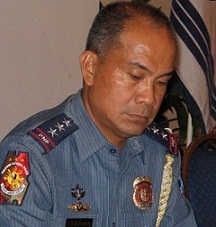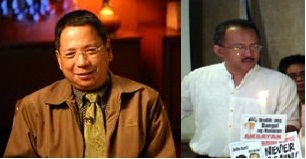by Senator Antonio Trillanes IV
Yesterday, at a press conference, Pres. Aquino announced his plan to create a security force similar to the British SAS composed of around 200 to 400 police and military personnel to be deployed during crisis situations. This was a policy response to the Aug. 23 Hostage Crisis that led to the death of 8 Hong Kong tourists. On its face, such creation seems responsive to the crisis capability issues of our security forces that were brought to light by the Aug. 23 incident. However, upon close scrutiny, there may be some underlying problems that may hinder its success in the future.
1. Unity of Command – The basic question is, who shall head this composite elite force: a PNP or AFP officer? Or would it be a set-up where both a PNP and AFP officer would be designated as “co-commanders” to accommodate the egos of these two institutions? In either case, we can see potential power struggles within such a composite unit. If there would be a single commander, cohesion would be a major problem because the reality on the ground is, AFP personnel don’t take it too well to be ordered around by a PNP officer and vice versa. There are vast differences in culture and training that cannot suddenly be expected to disappear just because they now belong to a common unit.
In the case of a “co-commandership” set-up similar to what PNoy did to the DILG and his Communications Group, professional rivalry would set in and the power struggle for authority, resources, training and even credit would even be more pronounced.

